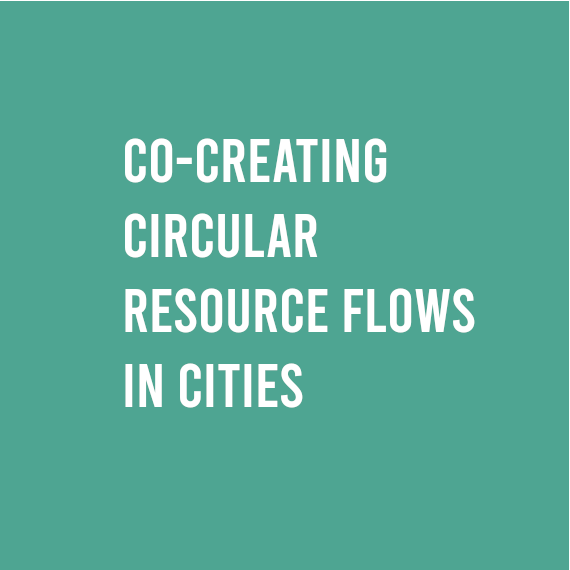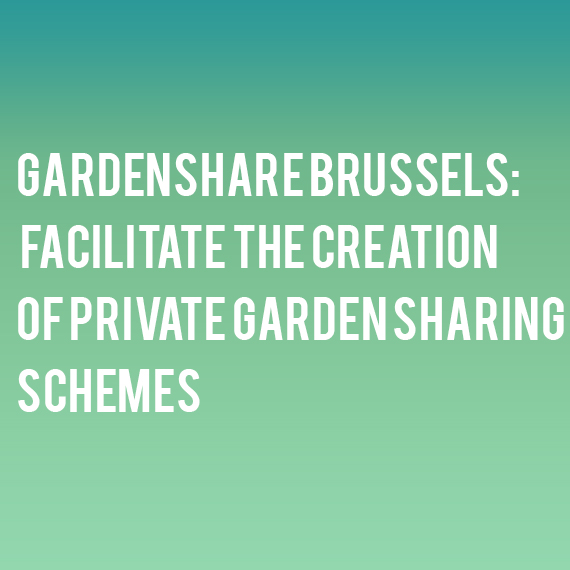The Challenge
Today, universities, like many organisations are facing growing challenges. On top of delivering high quality education to students, institutions have to cope with new pressures. In the middle of the great recession, cost savings and budget cuts are recurrent themes in every management meeting. Spatial efficiency is becoming a must to reduce renting costs. These pressures come at a time when we also become aware of the urgent need to behave in a more sustainable way. Organisations need to engage in strategies that allow them to reduce their ecological footprint, optimize resources use, by reusing existing materials and eventually recycling them in environmentally friendly ways. Aalto University (Finland) is committed to create a more sustainable campus. In its activities, Aalto continuously purchases and finally discards various items: research and laboratory equipment, IT and other electronic equipment, office and classroom furniture… One key objective is to extend the lifespan of the university’s acquisitions and increase the internal re-usage, either as such or as material. To meet this objective, Aalto sustainability team has been exploring the possibilities to create an online platform accessible for all staff members, for improving the re-usage of Aalto goods like research equipment & materials, IT and furniture. It is within this context that Aalto sustainability Officer asked to explore the possibilities of setting up an online platform to help staff share and reuse their equipment.
The solution
Arvo offers universities a full service package aiming at managing efficiently the flow of materials that are circulating among the staff community through:
- An online platform allowing for the reuse of materials (IT equipment, furniture, lab equipment).
- A set of spatial interventions to facilitate the flow of materials (pick up spots, open storage..) within staff members.
- A collection of ad hoc events aiming at building a community of interest around the circulation of materials (Spring Cleanup, Tagging Jam, Mapping Challenges).
Benefits
- Cost savings: The service allows to reduce the amount of new items (IT, furniture) to be acquired on a yearly basis and allows to reduce the storage room needed to store unused equipment
- Efficiency: The service enables users to have a clear view of items in stock, items in use within a department
- Environmental footprint: The service reduced the material footprint of the university through the extension of equipment’s lifespan. The reduction is heated storage spaces is also beneficial for the environment.
Partners
Riikka Manninen, Harri Homi, Rosie Trudgen
Watch the presentation on slideshare





